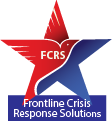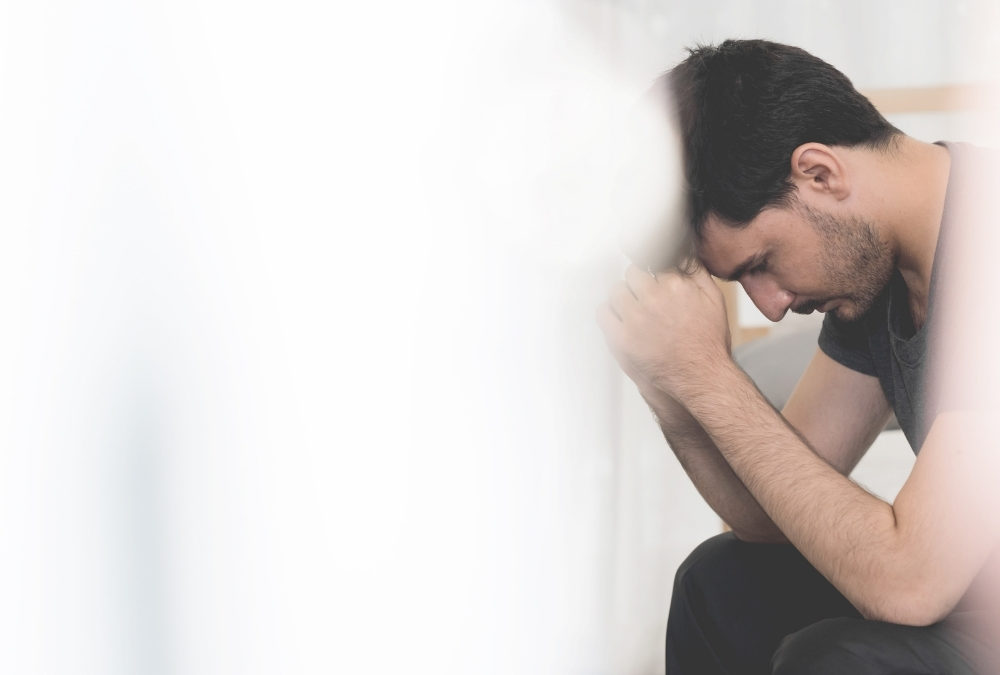Coping with Guilt after A Suicide
The pain of losing a loved one to suicide is a unique, devastating experience that can leave survivors grappling with a whirlwind of emotions. Among these emotions, guilt is often one of the most challenging to navigate. In this blog post, we will explore the complex world of suicide loss survivors and the overwhelming guilt that often accompanies their grief.
Understanding the Guilt
Guilt is a common emotion experienced by suicide loss survivors, and it can manifest in various ways. Survivors may grapple with several forms of guilt:
Survivor’s guilt: This is the feeling that you should have been able to prevent your loved one’s suicide. It can be particularly intense if you were aware of the struggles they were facing.
Guilt for not knowing: Many survivors wish they had known the depth of their loved one’s despair. This form of guilt can make the grieving process more challenging, as they question their role in the person’s life.
Guilt for missed signs: Hindsight is often 20/20, and survivors may replay moments when they missed warning signs or dismissed them. This can lead to self-blame.
Coping with Guilt
While guilt is a natural response to suicide loss, it is essential to find ways to cope with it constructively. Here are some strategies that may help:
Seek professional help: Grief counseling or therapy can provide a safe space to discuss your feelings of guilt and work through them.
Connect with support groups: Sharing your experiences with others who have been through similar situations can provide comfort and understanding. You’ll realize you’re not alone in your feelings.
Self-compassion: Be gentle with yourself. Understand that you did the best you could with the knowledge and resources you had at the time. Guilt is a powerful and complex emotion that can linger in the depths of our minds, weighing us down with the heavy burden of self-blame. When we find ourselves trapped in the clutches of guilt, it becomes crucial to explore the transformative potential of self-forgiveness. Holding onto guilt can lead to prolonged emotional distress, impacting mental well-being.
Self-forgiveness is an act of self-compassion that promotes emotional healing. By allowing ourselves to let go of guilt, we create room for positive emotions, resilience, and a healthier mindset. Guilt often ties us to past mistakes, preventing us from fully embracing the present and future. Self-forgiveness is a liberating act that frees us from the shackles of the past, empowering us to live authentically in the present.
Educate yourself: Learning about suicide and mental health can help survivors come to terms with the complexities of the situation and reduce feelings of self-blame.
Memorialize and honor: Find meaningful ways to remember your loved one, such as creating a tribute or participating in suicide prevention initiatives. This can help channel your emotions into something positive.
Breaking the Stigma
One of the essential steps in coping with guilt as a suicide loss survivor is to break the stigma surrounding suicide. Recognize that mental health struggles are often hidden and not always easy to identify. We must work collectively to remove the shame and silence surrounding mental health issues, which can prevent future tragedies.
Coping with guilt as a suicide loss survivor is a challenging journey. It’s crucial to remember that healing is a unique process for each person. Seek support, practice self-compassion, and remember that your feelings of guilt do not define your worth or your loved one’s memory. With time and effort, survivors can find a path towards healing and honoring the lives they’ve lost, while working to prevent future tragedies. If you are searching for support and community resources click here to learn more.

